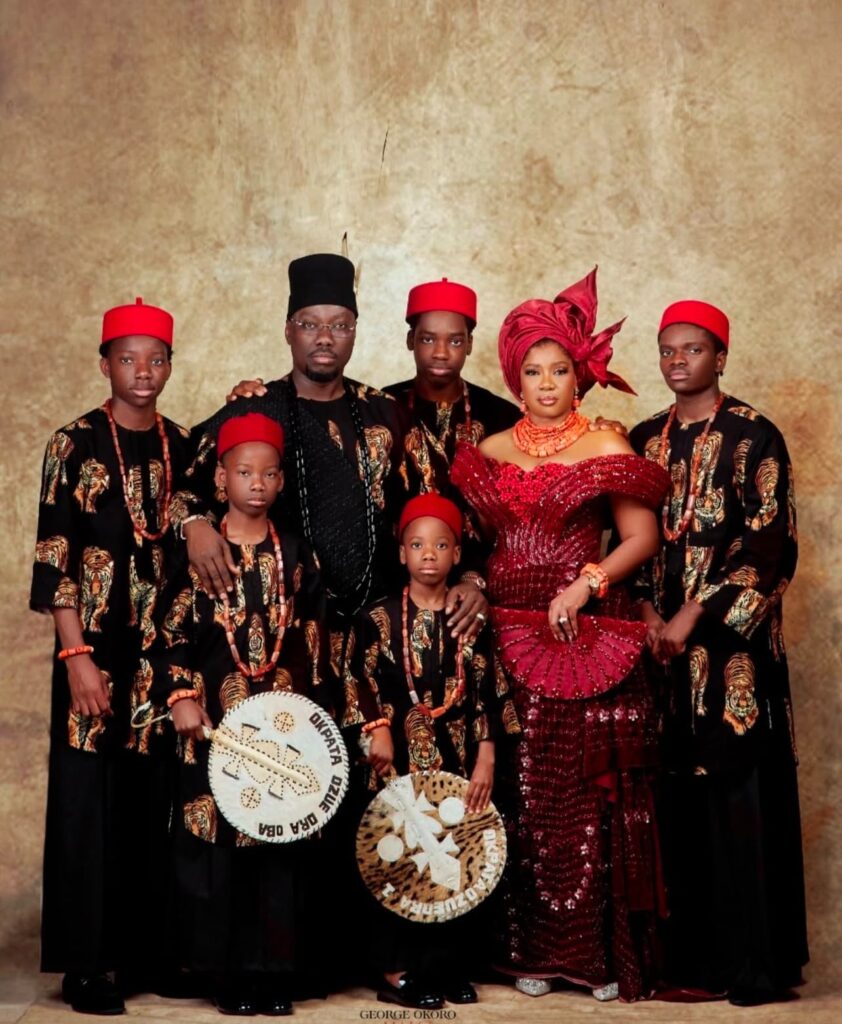By Fasuyi Tolulope Samuel
Across Nigeria and beyond, one of the most consistent economic patterns is the dominance of the Igbo people in commerce and entrepreneurship.
From bustling markets in Lagos to trading hubs in Ghana and even across continents, Igbos are known for their relentless business drive.
But what makes this ethnic group so deeply immersed in business? The answer lies in a mix of historical necessity, cultural values, and economic ingenuity.
Historically, the Igbo people, primarily from southeastern Nigeria, have had limited access to federal power and government patronage, especially after the Nigerian Civil War.
This marginalization pushed many Igbos to rely on their creativity and resilience to survive and thrive. With few government jobs or resources, they turned to trade, manufacturing, and innovation to build wealth for themselves and their communities.

Culturally, the Igbo society places a high value on independence, self-reliance, and achievement. From a young age, children are exposed to the hustle culture—watching parents or relatives run businesses, negotiate deals, and manage customers. This exposure fosters a business mindset early in life.
Unlike some other ethnic groups that may prioritize white-collar professions, Igbo communities often celebrate successful traders and entrepreneurs as role models.
Another major contributor to Igbo business success is the informal apprenticeship system known as “Igba Boi.” This unique system allows young boys to serve under established business owners for a number of years.
In return, the mentor settles the apprentice with capital and goods to start his own business. This mentorship culture has ensured generational business growth and a robust internal support system that keeps expanding the Igbo economic footprint.
Additionally, Igbos are highly mobile and adaptive. They are willing to move to unfamiliar territories, learn new languages, and adapt to different cultures—all for the sake of business.
Their ability to identify opportunities, take risks, and build networks has earned them a solid reputation in commerce.In conclusion, the Igbos’ dominance in business is not accidental.
It is the product of historical necessity, cultural values that promote entrepreneurship, and a community-based system that nurtures and rewards economic success. As Nigeria seeks economic diversification, there is much to learn from the Igbo business model.
























